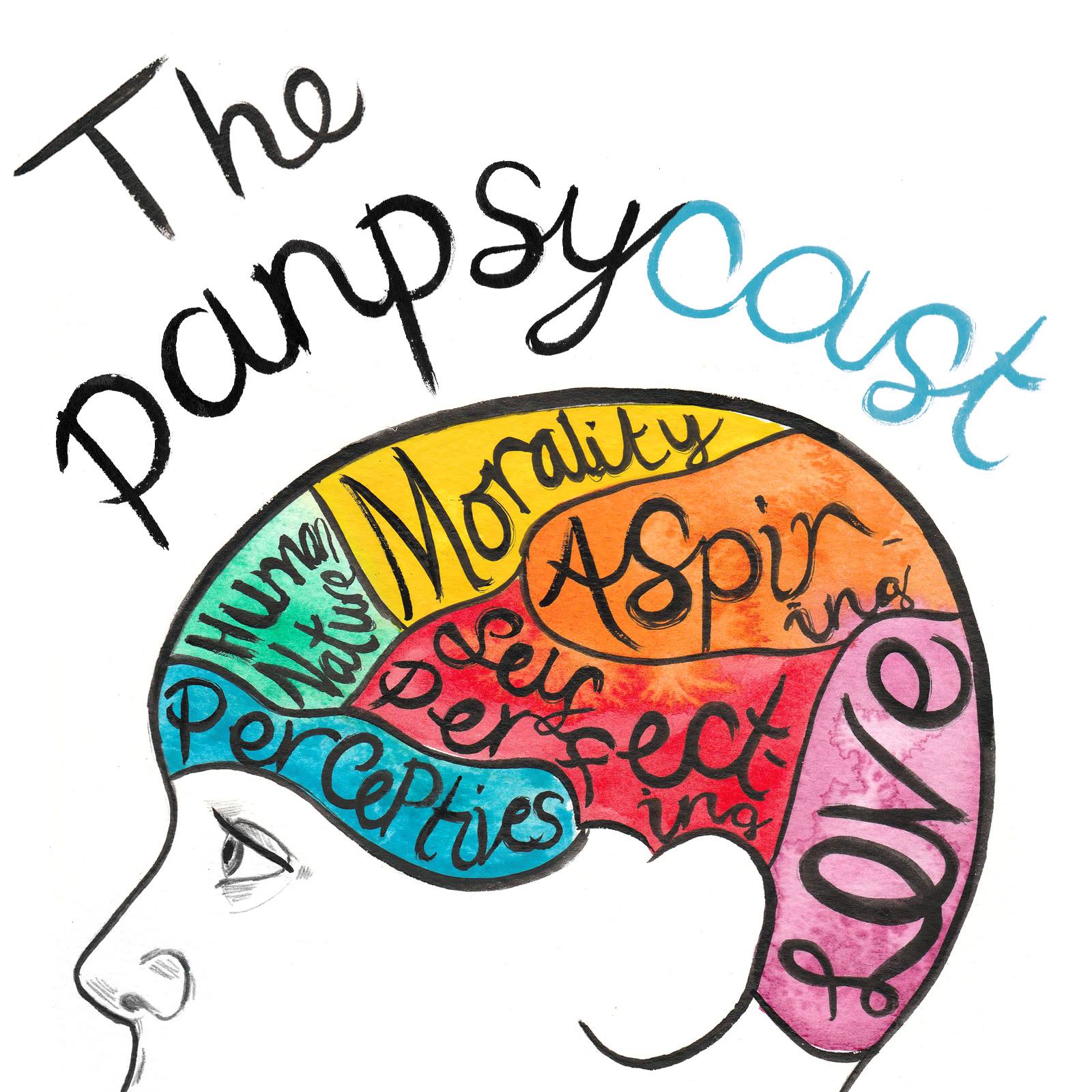Welcome to 'Episode 72 (Part I of II)', where we'll be reading Plato’s Crito.
Have you ever considered the invisible power of the law? How a contract is signed without ever putting pen to paper? Do not underestimate the importance of that which cannot be seen or grasped, since you unknowingly benefit from its presence and would suffer greatly in its absence. Therefore, if the law has kept you safe for all your best years, should you look to criticise it the moment it accuses?
Be careful not to pull too hard at that thread, for the social fabric appears tightly woven but is actually patched over the ages by many inadequate tailors. If you decide that the law doesn’t suit you now, are you not making yourself a special case? Isn’t everyone a special case? Would not everyone be pardoned?
So, what will it be: accept the law and therefore your fate, or set a precedent that demonstrates the contract is in fact as real as it is visible?
The file size is large, please be patient whilst the podcast buffers/downloads/watches you sleepContents
Part I. The Dialogue
Part II. Further Analysis and Discussion




